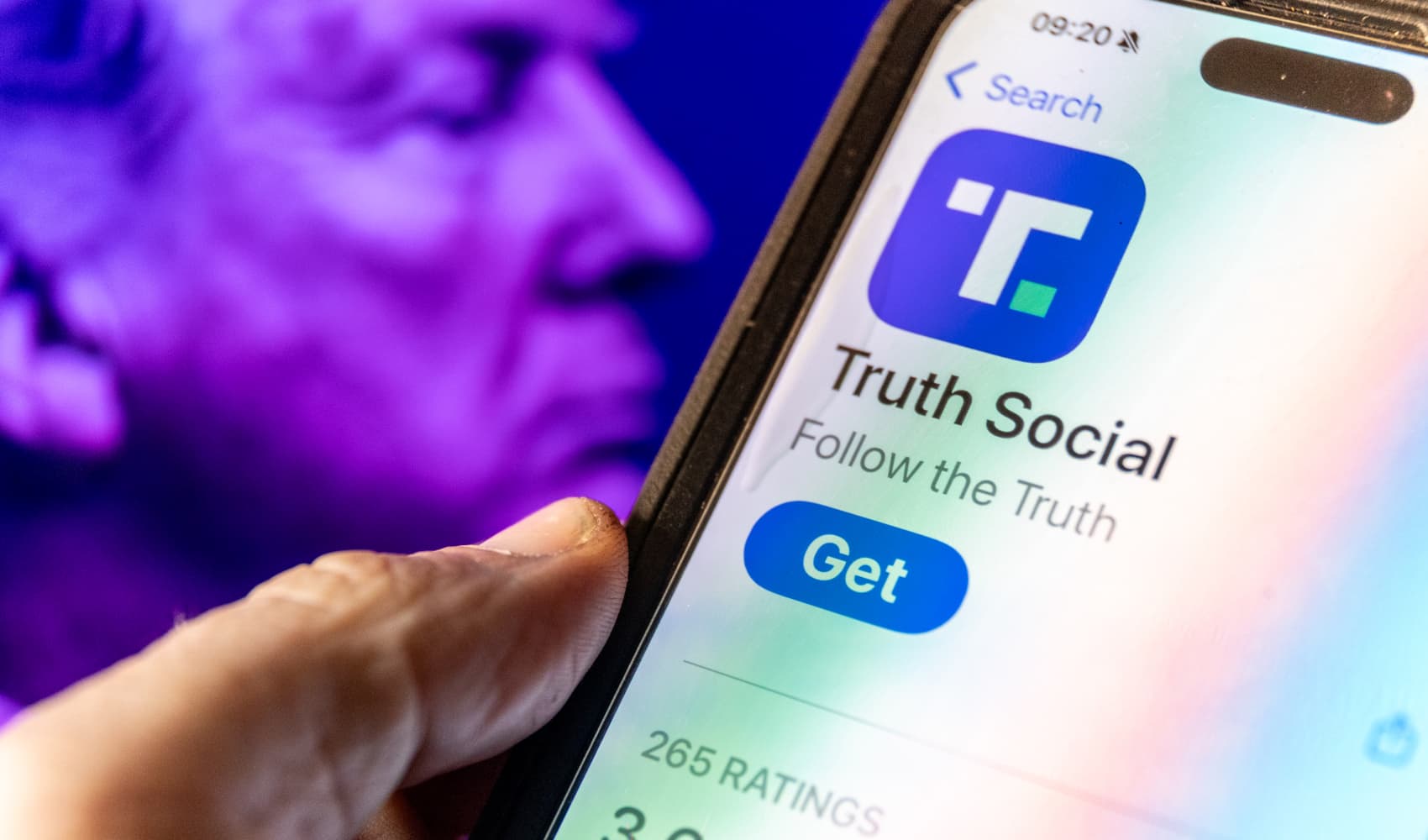
It isn't yet enough.
The impressive defensive weapon deliveries to Ukraine's military, though crucial to the country's remarkable resistance and resilience, haven't been enough to stop Putin's mounting airstrikes on civilian targets and urban centers.
The unprecedented economic and financial sanctions on Russia, though historic in their scope and reach, have been insufficient to deter President Vladimir Putin from escalating his grinding war on Ukraine.
They aren't enough.
Get San Diego local news, weather forecasts, sports and lifestyle stories to your inbox. Sign up for NBC San Diego newsletters.
The unanticipated transatlantic and international unity – including a 141-5 resolution of the United Nations General Assembly that demands Putin end his war and withdraw his forces – hasn't dissuaded Putin. What greater sign could there have been that Putin has made himself a pariah than the quartet that voted with him: Belarus, North Korea, Eritrea, and Syria?
Still, that's not enough.
Too many countries in the world continue to look away. A full 35 countries at the United Nations abstained from condemning Russia, hoping Putin's ugliness would pass without forcing them to take a stand against this international crime.
Money Report
The efforts of the United States and some of our international partners to shame Chinese President Xi Jinping into pulling his support from Putin's war machine also have failed, though no country's actions at this moment could do more to save lives and end the war.
Putin got the Chinese green light he sought for his invasion from President Xi in their 5,300-word statement as the Beijing Winter Olympics opened, saying their relationship had "no limits." Putin kept his part of the bargain – not invading until Xi's Olympics had ended. Xi doesn't yet seem willing to distance himself from Putin in any meaningful way.
What the civilized world has done thus far to answer Putin's invasion is a remarkable show of unity. The Biden administration deserves credit for releasing the intelligence on Putin's plans early, thus focusing the narrative and blame where it belongs, and then rallying the world thereafter.
Europe's combined actions against Putin are particularly impressive, given its proximity to Moscow and dependence on Russian energy. Germany did more in a weekend than in the previous two decades to counter Russian revanchism: reversing a ban on selling weapons to Ukraine, significantly increasing its defense spending to 2% of GDP and a special $100 billion spending plan for the Bundeswehr in its 2022 budget.
If all that remains insufficient to change Putin's course, the only responsible choice is to do more and to do it quickly: more sanctions, more military support, more international unity.
There are two compelling reasons why.
The first is humanitarian: Putin's relentless air attacks on Ukrainian civilians have prompted Europe's biggest refugee crisis since World War II.
The second is the historic imperative: The need to reverse a global trajectory that could allow brutal authoritarianism or bloody chaos to shape the global future.
"Vladimir Putin's invasion of Ukraine has ended Americans' 30-year holiday from history," writes Robert M. Gates in the Washington Post, applying his perspective from eight U.S. administrations, including stints as Secretary of Defense and CIA Director. "For the first time since World War II, the United States faces powerful, aggressive adversaries in Europe and Asia seeking to recover past glory with claimed territories and spheres of influence. …Putin's war has provided the cold shower needed to awaken democratic governments to the reality of a new world, a world in which our recent strategy is woefully insufficient to meet the long-term challenges we face."
It is clarifying and galvanizing to view Putin's war on Ukraine in these terms, not as a dangerous episode but as an epochal challenge.
With that in mind, what should be done?
The Atlantic Council's Scowcroft Center for Strategy and Security provided some actionable military ideas through a survey of 37 leading national security experts. They assessed them by weighing the positive benefits against the risk of escalation.
The best of the lot included:
- Sending more of the armed drones that Ukrainians are already using so successfully.
- Providing "off-the-shelf" electronic-warfare capability, including satellite navigation and communications-jamming equipment, that would enhance Ukraine's ability to disrupt and slow Putin's advance.
- Enhancing Ukraine's critical short-range air defense capabilities through providing more ground-based, close-in weapons systems to better defend against Russian aircraft and missile attacks.
Beyond that, I also favor a partial no-fly zone over the most Western provinces of Ukraine, close to the Polish, Slovakian, Hungarian and Romanian borders. One can understand why the U.S. and NATO reject a no-fly zone over the whole of Ukraine, but in Western Ukraine it is a humanitarian imperative, it is militarily easier as it's closer to western air bases and it would demonstrate our resolve to Putin.
At the same time, the U.S., Europe, and their global partners should add to the impressive array of sanctions against Russia.
Their impact thus far, writes the Council's Brian O'Toole and Daniel Fried "has been to flatten the Russian financial system, crash the ruble, spur a likely sovereign default, and probably move the Russian economy into a depression."
Yet as Putin's forces continue their attack, targeting civilians and turning urban centers to dust, O'Toole and Fried provide a menu, in ascending order of impact, of next steps:
- An expansion on the sanctions on Putin's cronies and subordinates.
- Extending sanctions on more banks and key companies (they suggest Gazprombank, Russian Agricultural Bank, AlfaBank, Sovcomfort, Russia Railways, and the diamond company Alrosa)
- Blocking the Russian government through sanctioning all Russia-state-owned companies.
- If all else fails, enacting a full financial embargo that would ban all transactions, exports, and imports with Russia.
What's not in doubt is that Putin will continue to escalate, if not more is done to stop him.
"I think Putin is angry and frustrated right now," CIA Director William Burns told the House Intelligence Committee last week. "He's likely to double down and try to grind down the Ukrainian military with no regard for civilian casualties."
Putin has lost: He will never be able to entirely pacify and occupy Ukraine, and he has done generational damage to Russia, whose power and prestige he was determined to build. Yet his opponents have not won. Saving Ukraine and sustaining their newfound common cause is the key to shaping the global future.
To achieve that, what has been accomplished against Putin thus far is remarkable, but it is still insufficient.
—Frederick Kempe is the President and Chief Executive Officer of the Atlantic Council.






